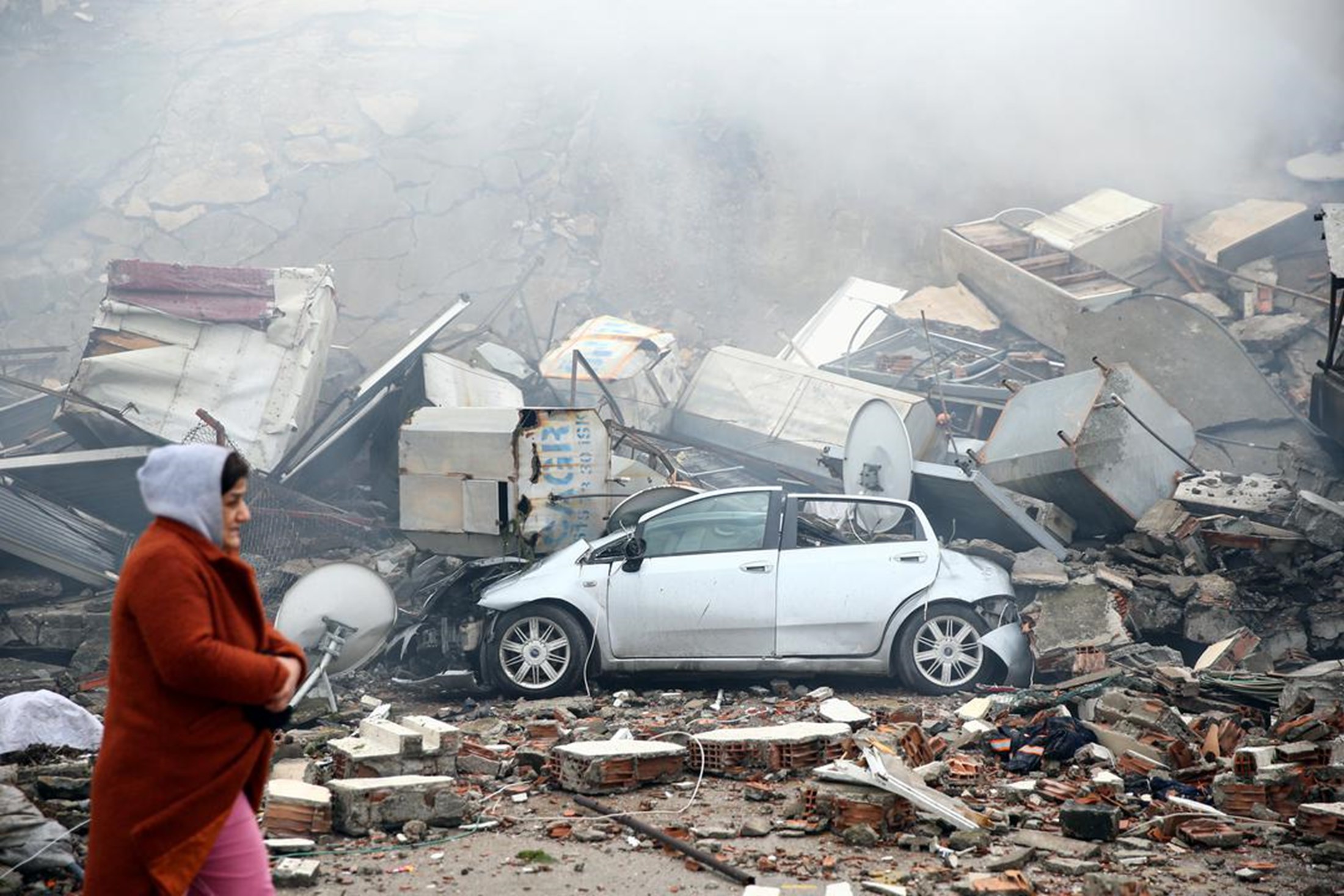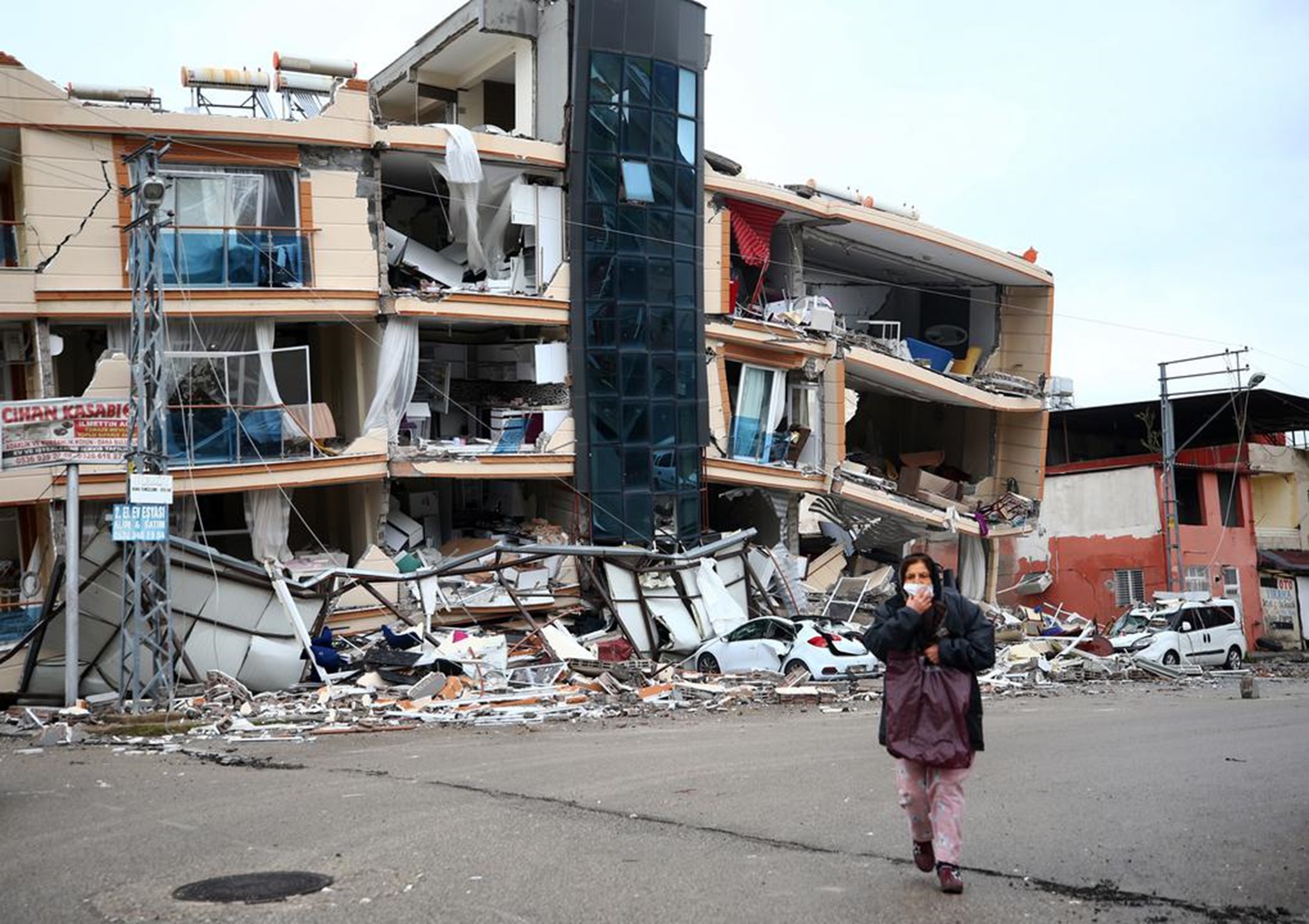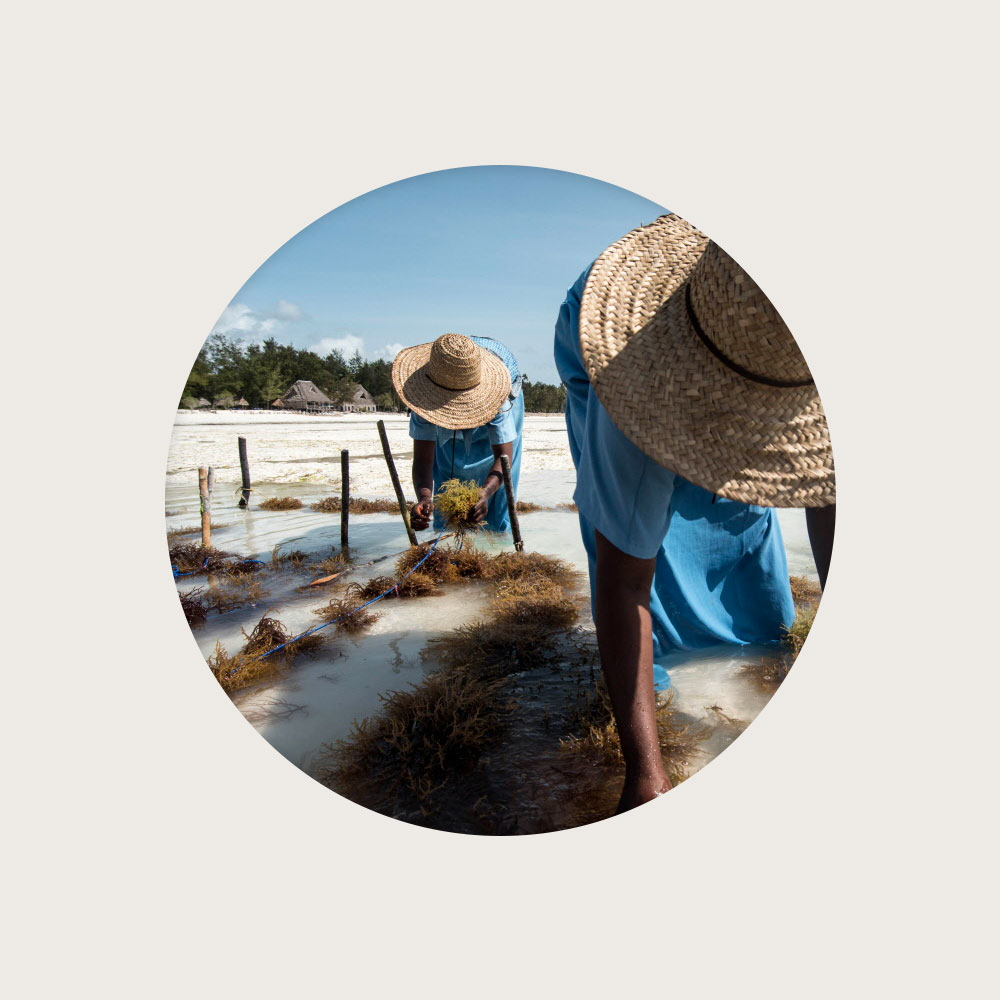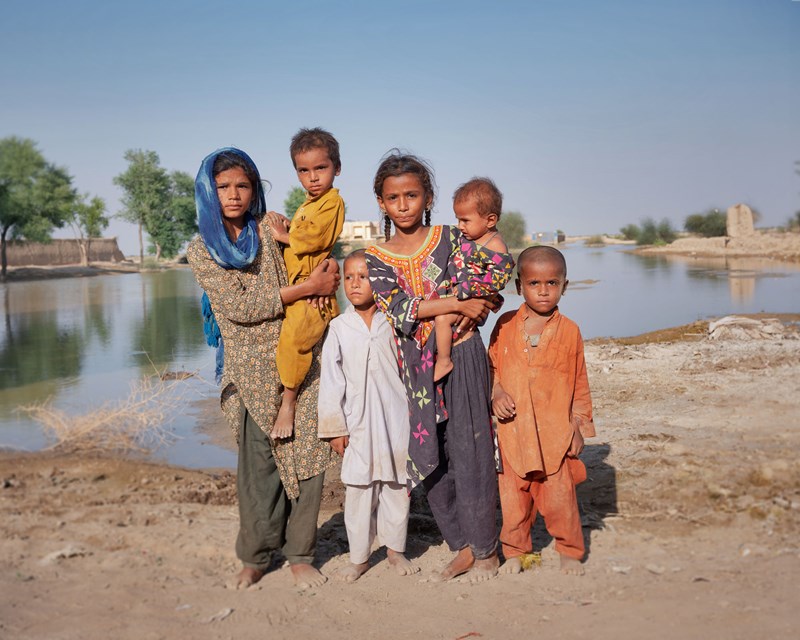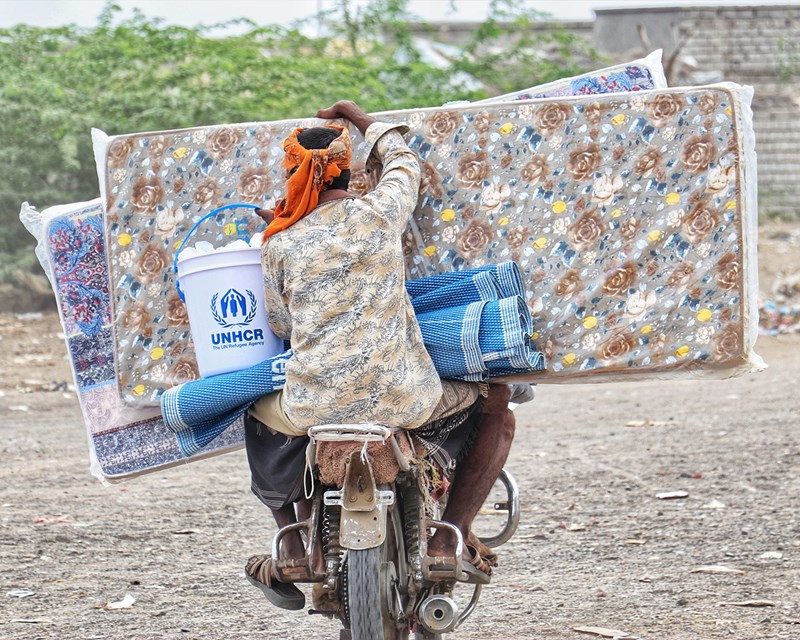Governments, philanthropists, businesses, and members of the public from across the Gulf region rallied to support people affected by the earthquakes in Türkiye and Syria. Millions of dollars were donated in a matter of days and planes carrying food, blankets, medical supplies, and search and rescue teams were despatched to the worst-affected areas in both countries.
A 7.8 magnitude earthquake struck close to Gaziantep in southern-eastern Türkiye near the Syrian border in the early hours of Monday 7th February, followed by dozens of aftershocks felt as far away as Egypt and Cyprus.
In the towns and cities closest to the epicentre, high rise buildings crumbled to the ground, crushing cars and trapping people under piles of bricks and glass. Just a few hours later, there was a second quake, this time measuring 7.5, followed by more aftershocks, and more destruction, leaving whole neighbourhoods flattened and severing power and water supplies.
Search teams, medics, dog handlers and soldiers from around the world joined local emergency personnel to scour the heaps of buckled concrete and metal for survivors. In one instance, a newborn baby was lucky to be found alive, as she was pulled from rubble, still attached to her dead mother’s umbilical cord.
But for all their efforts, rescuers were hampered by the sheer scale of the destruction, as well as difficult weather conditions and limited access to parts of Syria still isolated by conflict, where many searches were left to be done by hand
As a result, within just three days, the number of people killed by the quake had risen above 17,000, making it one the world’s deadliest in nearly a decade. The final death toll will likely be far higher.
The affected area stretches from the Syrian cities of Aleppo and Hama, right across to Türkiye’s Diyarbakir, more than 200 miles away, leaving some 23 million people in need of emergency aid and hundreds of thousands homeless amid freezing temperatures.
Turkish president Recep Tayyip Erdoğan announced a three-month state of emergency in 10 quake hit provinces and announced a state-sponsored cash relief package equivalent to US$532 for affected families.

